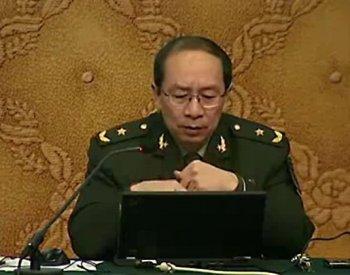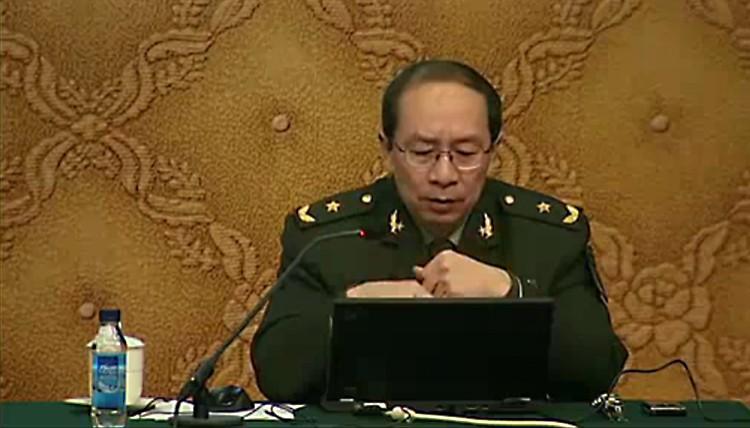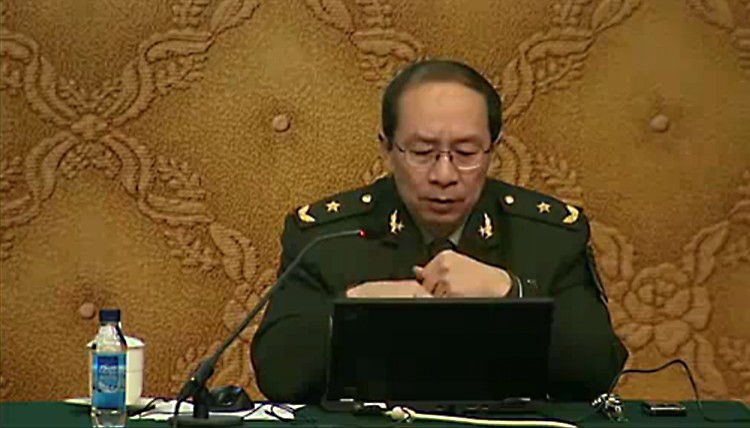Chinese General Details Spying by Top Communist Party Officials
A video of a Chinese general discussing the latest history of the Chinese Communist Party (CCP) was recently leaked and it became an instant sensation.

LEAKED: Jin Yinan, a major general at China's National Defense University, leaked details of eight Chinese communist officials who had spied for foreign countries; a phenomenon that Chinese commentators say shows the weakness of the regime. Youtube.com
|Updated:





